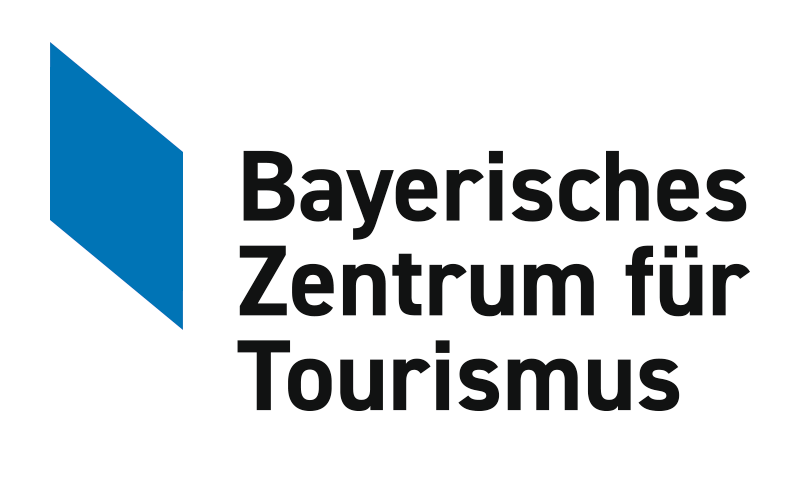
Why Don’t They Travel? The Role of Constraints and Motivation for Non-Participation in Tourism
Between one-quarter and one-third of the population in developed economies do not travel, but our understanding of this group is rather limited. Studies looking at constraints and motivation often treat non-travelers as an homogeneous group compared to a spectrum of traveler types. Non-travel is also often implied as being a deficit rather than a voluntary decision. A mixed-method approach is applied in this study to explicitly explore the variety within non-travelers in general and voluntary non-travelers in particular. Qualitative interviews with non-travelers were used to gain a more in-depth understanding of the underlying reasons for non-travel. Non-travelers were then segmented based on constraints and motivation in a large-scale survey representative for Germany. The resulting non-traveler typology clearly shows distinct non-travelers types. By adding a pro non-travel preference instead of using deficit-oriented arguments, voluntary types of non-travelers were identified. This implies that non-travel is not necessarily something people want to overcome.
